Cornerstone and the CCN: drug and alcohol treatment for veterans

On a day set aside to honor the service and sacrifice of the nation’s servicemen and women, drug and alcohol treatment for veterans may seem like a topic best avoid.
It shouldn’t be — because addiction and alcoholism are diseases, and they affect veterans at an alarming rate. According to a 2017 article in the peer-reviewed journal Substance Abuse and Rehabilitation, veterans experience high rates of substance use disorders — the scientific and medical term for addiction and alcoholism — and because of those rates, “efforts to overcome barriers to those seeking treatment are needed so that veterans in need of services are able to access treatment and experience long-term recovery.”
Few barriers are more seemingly insurmountable for addicts and alcoholics in need of treatment than financial ones. For veterans of the United States military, however, the ability to get the treatment they need at one of the best facilities in the country is now possible: Cornerstone of Recovery, located near Knoxville, Tennessee, now provides drug and alcohol treatment for veterans through the Community Care Network.
Drug and alcohol treatment for veterans: How does it work?
 The Community Care Network (CCN), according to the U.S. Department of Veterans Affairs (VA), is made up of six regional networks covering the entire country that “relies on Third Party Administrators (TPAs) to develop and administer regional networks of high-performing licensed health care providers on behalf of VA.” The way it works is that the VA purchases veteran care through a network of community providers like Cornerstone of Recovery, which has long recognized a need for specialized programming when it comes to drug and alcohol treatment for veterans.
The Community Care Network (CCN), according to the U.S. Department of Veterans Affairs (VA), is made up of six regional networks covering the entire country that “relies on Third Party Administrators (TPAs) to develop and administer regional networks of high-performing licensed health care providers on behalf of VA.” The way it works is that the VA purchases veteran care through a network of community providers like Cornerstone of Recovery, which has long recognized a need for specialized programming when it comes to drug and alcohol treatment for veterans.
The goal of the CCN is to set it up as “the preferred national network VA uses to purchase care for Veterans in their community. CCN uses industry-standard approaches and guidelines to administer services, promptly pay for services and manage the network to its full potential,” according to the VA. It’s important to note that seeking treatment through a CCN provider isn’t mandatory — “even if a veteran is eligible for community care, they generally still have the option to receive care from a VA medical facility.”
And, of course, there are certain guidelines that need to be followed in order for CCN-provided drug and alcohol treatment to be effectively implemented: “In most cases, veterans must receive approval from VA before receiving care from a community provider in order to avoid being billed for the care. VA staff members generally make all eligibility determinations for community care.”
It’s a simple four-step process designed to get you the help you need quickly and efficiently:
- Eligibility: “The veteran’s VA provider and VA medical facility staff members work with the veteran to determine if they are eligible for community care.”
- Appointment: Once your eligibility is determined, you or your VA care provider will make an appointment with Cornerstone of Recovery, which is now a provider in the CCN network.
- Getting care: Your journey to a new way of life, free of the bondage of alcohol and drugs, begins when you arrive on campus.
- Billing: We bill the VA, or a third-party administrator, for your care. According to the VA, “copayment charges are the same for community care as care at a VA medical facility. Usually, this means veterans who are required to pay copayments will be charged a copayment for treatment of their non-service connected conditions. Copayment bills are sent by the VA, not the community provider.”
Why Cornerstone of Recovery?
 For more than three decades, Cornerstone of Recovery has been an industry leader in providing drug and alcohol treatment to diverse populations from around the country. Located right outside of Knoxville, Tennessee, we were established in 1989 and have since grown into one of the largest residential treatment providers in the state, offering our services from a 23-acres, four-facility campus onto which we moved in 2017. While we remain rooted in the abstinence-based, 12 Step model of treatment that has served us well over three decades, we combine it with contemporary state-of-the-art psychotherapies designed to meet the mental, emotional and physical rehabilitation needs of those who come to us for help.
For more than three decades, Cornerstone of Recovery has been an industry leader in providing drug and alcohol treatment to diverse populations from around the country. Located right outside of Knoxville, Tennessee, we were established in 1989 and have since grown into one of the largest residential treatment providers in the state, offering our services from a 23-acres, four-facility campus onto which we moved in 2017. While we remain rooted in the abstinence-based, 12 Step model of treatment that has served us well over three decades, we combine it with contemporary state-of-the-art psychotherapies designed to meet the mental, emotional and physical rehabilitation needs of those who come to us for help.
When it comes to drug and alcohol treatment for veterans, we have a long and distinguished history of recognizing the unique needs of those particular patients, and what we’ve found is that many of our treatment protocols are ideal for addressing service-related trauma issues. From Cognitive Processing Therapy to Trauma Therapy to Acceptance and Integration Training, our staff members — many of them in recovery themselves, and several of them former servicemen and women from across the armed forces — work diligently to help patients address the problems, issues and traumas that drive their drug and alcohol use.
For veterans, that correlation is critical to understand. The VA notes that more than two out of every 10 veterans with Post-Traumatic Stress Disorder (PTSD) also struggles with a drug or alcohol problem, and that almost one out of every three veterans seeking treatment for addiction or alcoholism also suffers from PTSD. In fact, the VA points out, one in every 10 returning veterans from the conflicts in Iraq and Afghanistan seen by VA medical providers has a problem with alcohol and drugs.
At Cornerstone of Recovery, we recognize the unique ties between addiction and trauma, and the drug and alcohol treatment for veterans that we provide is built on the same principles that apply to members of the civilian population: drugs and alcohol are just a symptom of the problem, and stopping is just the first step.
Now, thanks to the Community Care Network and its partnership with Cornerstone of Recovery, we can help these American heroes stop. We can help them lose the desire to continue drinking and using. And we can help them find a new way to live, clean and sober.






